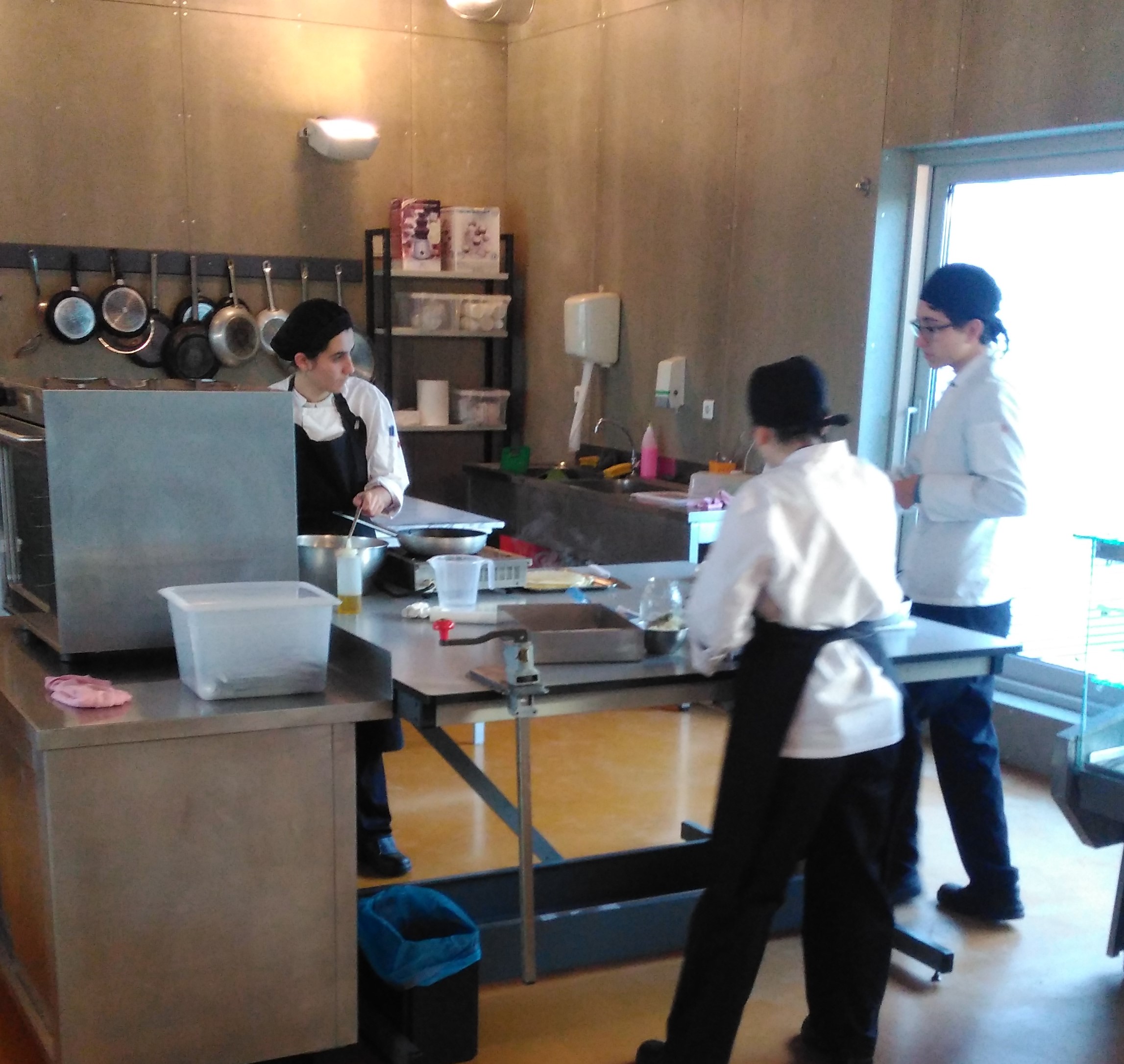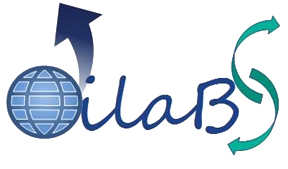Welcome
Welcome in the experimentation of a tools kit to "raise awareness" in the field of basic skills and key competences in a professional context.
Only the registered members with a user account can participate to the forums and activities.
Guests can only visit some parts of the course.
Document for the trainer and for the user.
- The document describes the methodology and how you can scenarize the activities :
- for distant activities
- for face-to-face activities
- for blended activities


